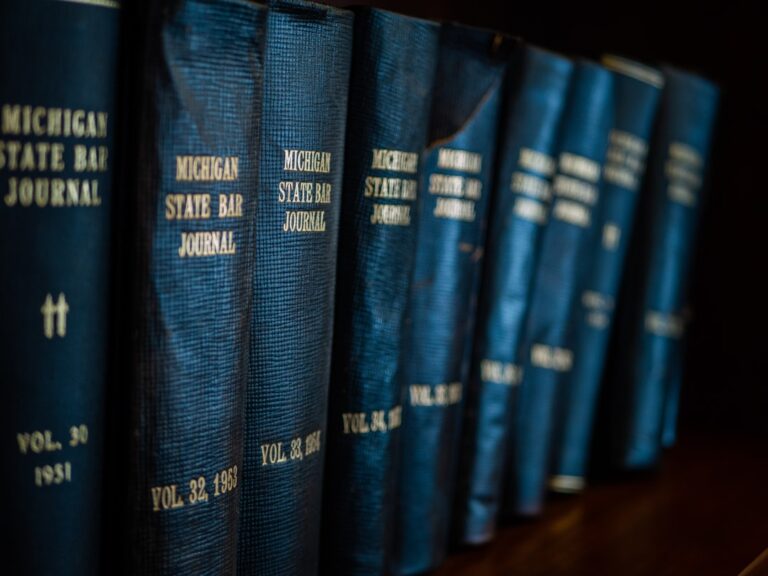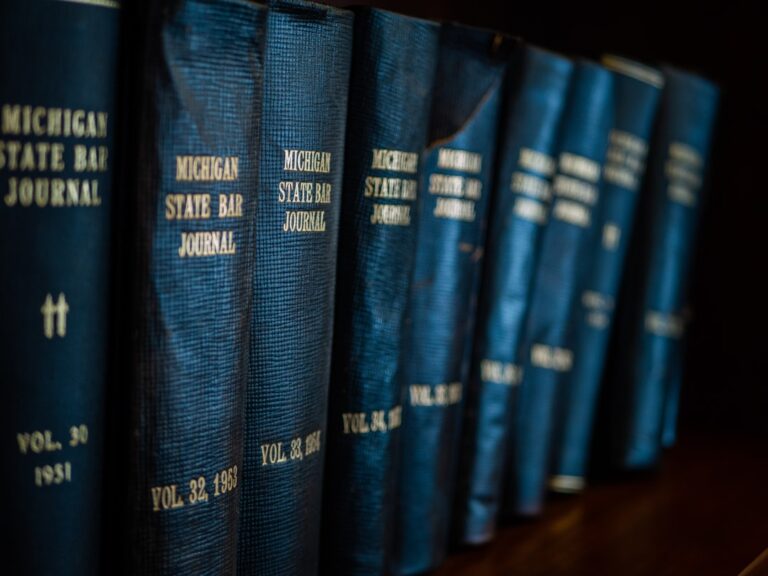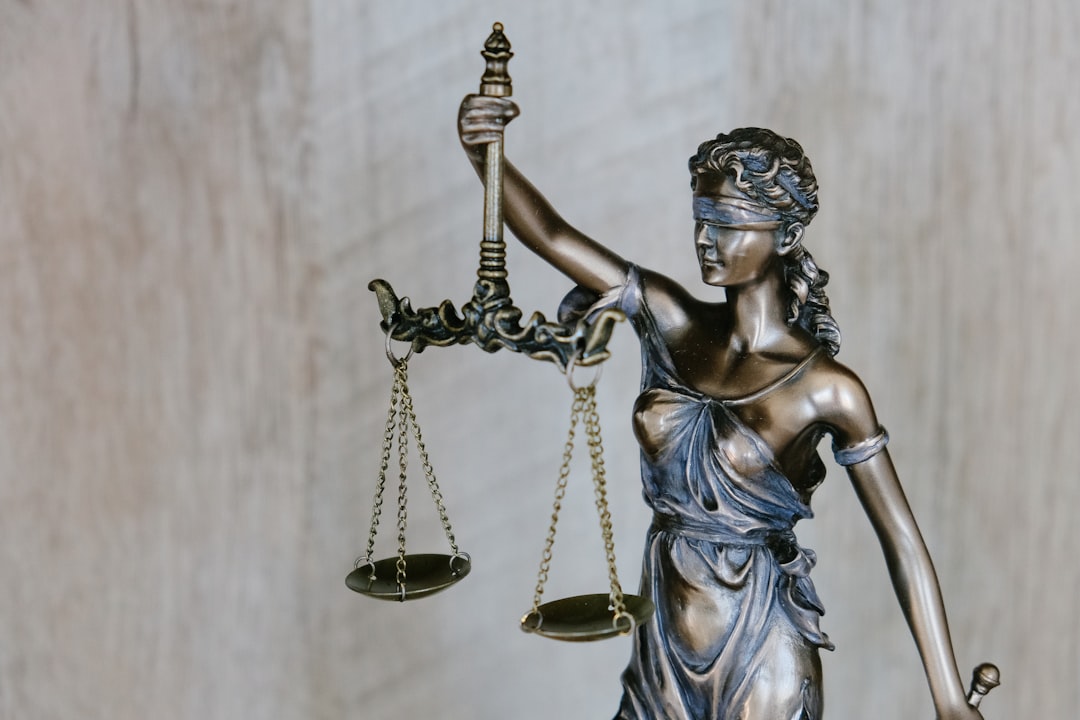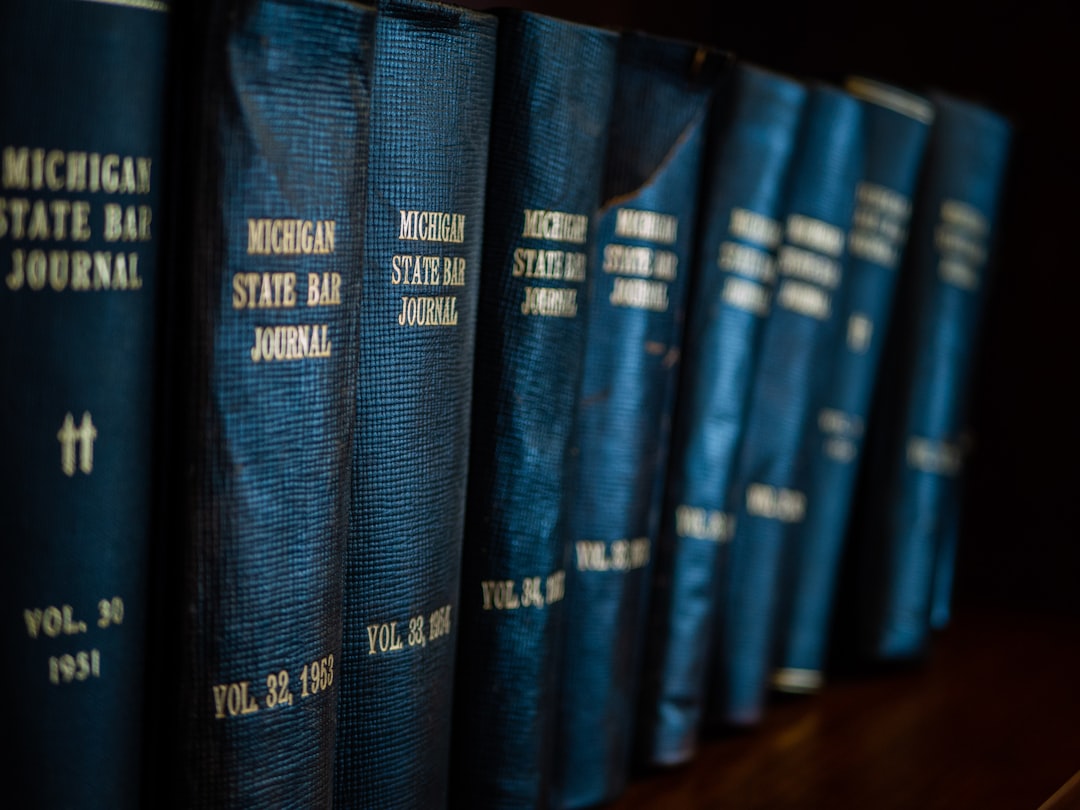Polygraph tests, used in Beaverton, Oregon sexual assault investigations, measure physiological responses to detect deception. While considered admissible evidence, they're not infallible and can produce false positives due to anxiety or medical conditions. Sexual assault attorneys Oregon help clients prepare for these tests, interpret results, and protect their rights in court, where polygraphs are subject to strict legal guidelines.
In Beaverton, Oregon, polygraph tests play a significant role in sexual assault investigations. This article delves into the intricate process and legal implications of these tests, providing insights for both law enforcement and those seeking representation from a sexual assault attorney in Oregon. Understanding how polygraph examinations are conducted, their accuracy, and the subsequent use in court is essential. By exploring these aspects, we uncover the complexities involved in navigating sexual assault cases, highlighting the crucial role of legal professionals.
Understanding Polygraph Tests in Oregon Law Enforcement

Polygraph tests, also known as lie detector tests, play a significant role in sexual assault investigations in Beaverton, Oregon. These tests are administered by trained professionals and use physiological responses to assess truthfulness. During a polygraph examination, the individual is connected to sensors that monitor breathing patterns, heart rate, blood pressure, and skin conductivity. The data collected is then analyzed to determine if there are any deviations from expected normal responses, which might indicate deception.
In Oregon, polygraph tests are admissible as evidence in court proceedings, including sexual assault cases. However, their effectiveness has been a subject of debate, with critics arguing that they can produce false positives due to various factors like anxiety or physiological conditions. Despite this, law enforcement agencies in Beaverton often rely on these tests as part of their investigative toolkit, alongside other forensic evidence and witness testimonies. A sexual assault attorney in Oregon may challenge or support the use of polygraph results based on their specific case circumstances and legal precedents.
The Role of a Sexual Assault Attorney in Polygraph Proceedings

In Beaverton, Oregon, when a polygraph test is administered during a sexual assault investigation, a sexual assault attorney plays a crucial role in ensuring the rights and interests of their client are protected. These attorneys specialize in criminal defense, with an emphasis on sexual assault cases, and they guide clients through the complex process of polygraph examinations. They advise their clients on how to prepare for the test, including understanding the potential consequences of truth or deception indicated by the results.
During the actual proceeding, a sexual assault attorney may be present to observe the examination, provide support, and ensure no misconduct occurs. They can cross-examine the examiner if necessary, challenging any questionable practices or interpretations of the data. Furthermore, these attorneys help interpret the test results in light of their client’s history and circumstances, offering strategic insights that could significantly impact the case’s outcome.
How Polygraph Examinations Are Conducted in Beaverton

In Beaverton, Oregon, polygraph examinations are a tool used by law enforcement and sexual assault attorneys to gather evidence in cases involving alleged sexual misconduct. During a polygraph test, also known as a lie detector test, a specialized machine measures physiological responses like heart rate, blood pressure, and breathing patterns while the individual answers a series of questions. The exam is conducted in a controlled environment, typically at a local police station or a private facility.
A certified polygraph examiner asks both relevant and irrelevant questions about the incident to establish a baseline response. This process helps identify any discrepancies between truthful answers and the subject’s physiological reactions. The results are then analyzed to determine if the individual is being deceptive. It’s crucial to note that while polygraphs can be compelling evidence, they are not foolproof and should be interpreted by trained professionals in conjunction with other investigative findings, especially when dealing with sensitive cases like sexual assault, where a sexual assault attorney Oregon may play a vital role in ensuring legal rights are protected.
Debating Accuracy: Challenges and Benefits of Polygraphs

Polygraph tests, also known as lie detectors, have been a tool in sexual assault investigations for decades. However, their accuracy and reliability are subjects of ongoing debate. Proponents argue that polygraphs can detect subtle physiological changes indicative of deception, providing valuable insights during interviews. This data can lead to more effective questioning and potentially help identify perpetrators.
On the other hand, critics point out several challenges. Factors like anxiety, stress, or medical conditions can produce similar physical reactions, leading to false positives. Furthermore, research has shown that polygraphs may not be as reliable as initially believed, with some studies suggesting high rates of false outcomes. For these reasons, it’s crucial for sexual assault attorneys in Oregon to carefully consider the evidence and interpret results in conjunction with other investigative findings.
Legal Considerations for Using Polygraph Results in Court

The admissibility of polygraph test results in court is a complex legal matter, especially in sensitive cases like sexual assault investigations. In Oregon, the rules governing the use of polygraph evidence are strictly interpreted to protect the rights of accused individuals. A sexual assault attorney in Beaverton, Oregon, should be well-versed in these regulations, as the outcome of a polygraph test can significantly impact the case’s trajectory.
Courts generally require rigorous protocols and qualifications for admittance. The operator must be certified, and the testing process should adhere to established guidelines. Furthermore, the defense has the right to challenge the validity of the test, questioning its reliability and potential biases. This often involves examining the questions asked, the administration techniques, and any deviations from standard practices, making the expertise of a qualified sexual assault attorney indispensable in navigating these legal considerations.






